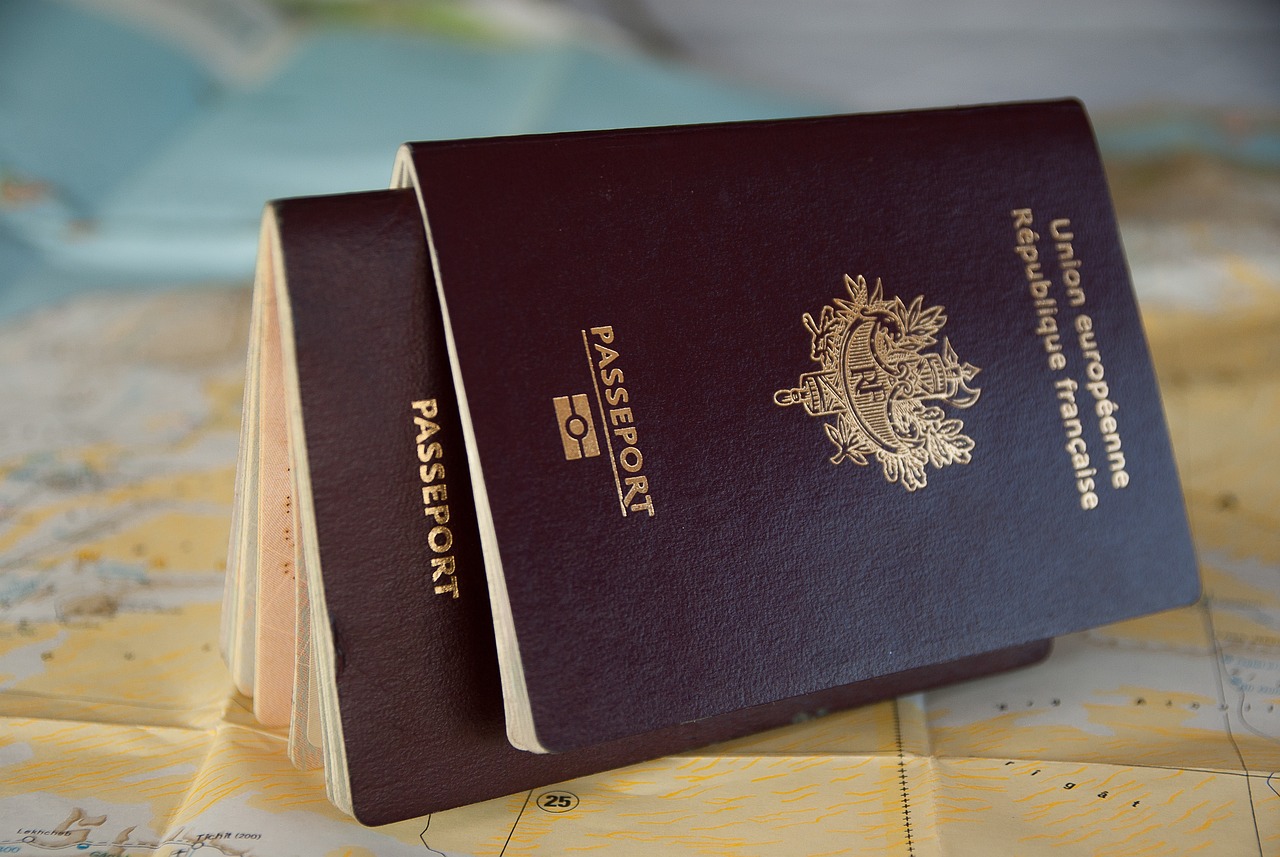New fraud prevention mechanisms applied to the H-1B program in fiscal year 2025 have led to a dramatic decrease in the number of eligible registrations for H-1B cap visas, plunging to almost 40% from the past year.
These fraud prevention mechanisms were introduced with the final rule “Improving the H-1B Registration Selection Process and Program Integrity,” which changed the H-1B selection process to center around unique beneficiaries, preventing employers from gaming the system and unfairly increasing their chances of selection.
Starting this fiscal year, each beneficiary could only be registered under one passport or travel document to prevent the submission of multiple registrations.
Recent USCIS data suggests that these new changes to the H-1B system were successful at combating fraud. The agency recently released its selection statistics for the fiscal year 2025 H-1B cap season.
The data shows a significant drop in the number of eligible registrations for fiscal year 2025 totaling 470,342—representing a 38.6% reduction when compared to the 758,994 eligible registrations received in fiscal year 2024.
Of these eligible registrations (470,342), USCIS selected 114,017 beneficiaries, resulting in a total of 120,603 selected registrations for fiscal year 2025.
The number of workers who were registered did not change significantly at 442,000 when compared with 446,000 last year.
 Visa Lawyer Blog
Visa Lawyer Blog













